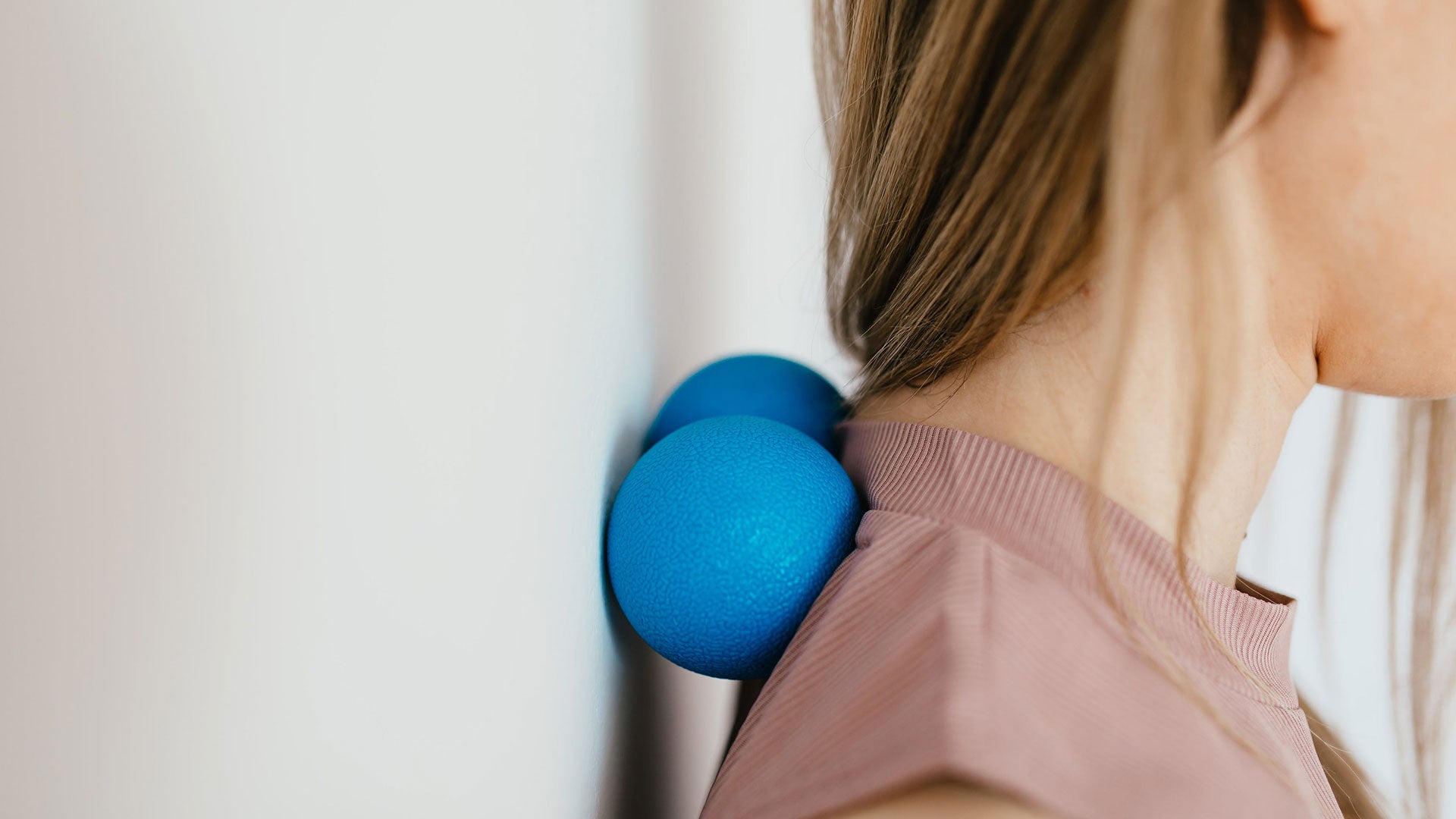
How to relieve tension in the neck and shoulders?
The shoulders and arms are the areas to experience stress and anxiety-related tightness. It can result in chronic health problems and other health problems with time. Yoga and other neck and shoulder tension relief methods work effectively for muscle tightness in the neck.
Let's look at some techniques for releasing tension in the neck or shoulder, and even some stress-reduction tactics to help you relax the body and brain. The muscles contract, often violently, whenever you encounter a traumatic experience or a spell of worry. It is an instinctive or reflex response.
What causes neck and shoulder tension?
After the brain suffers trauma, an instinctive response in the skeletal and neurological systems causes pain. Furthermore, emotionally-driven anxiety can affect the key muscles that go through the vertebrae, shoulder, and head, resulting in stress-related problems.
Stressing out or being nervous to the point of tenseness can injure your health, although only momentarily. Long-term stress may have a domino effect, leading to persistent neck or shoulder problems.
Because of the harm associated with stress and tension, it's possible to suppose neck pain cures before things get out of control. Your body is preparing for a threat that you'll have to resist or escape from. If you're worried or nervous, you could notice other bodily signs in addition to muscle contractions, like:
- A racing heart.
- Slow breathing
- you feel cold
- perspiration
The fear response in the system is intended to help you cope with threats, but it works when the danger is not visible. Due to which you may suffer from shoulder pain.
Whenever you're stopped by a police officer, under work pressure, or listening to the news, the muscles can tense up. You body will be in the state of alert to overcome a threat. As a consequence, the muscles can remain stiff and rigid for far longer than necessary.
8 ways to relieve tension in the neck and shoulders
For moderate stress-related shoulder pain, many therapists recommend self-care, such as psychological coping skills, dietary adjustments, and alignment correction procedures. Having an important role in neck pain therapy will help you return to your normal routine faster. In the meanwhile, before you contact a physician, try a few of these alternative methods to relieve tension in neck and shoulders:
Neck pull
With the elbows pointing out towards the sides and the hands on the back of the neck, breathe deeply and stand still, then inhale as you lower the head to the torso and bring the arms down to the ground. Let the neck be weighed down even more by the pressure of your arms, and exhale slowly.
Have a Relaxing Massage
Massage the regions in the shoulders that are irritable and are effective ways to relieve discomfort. Allowing somebody else to massage you can help to lower the amount of stress you are under.
Additionally, using a warm or cold compress throughout a sensitive massage can provide immediate comfort.
Stretching
Stretching the muscles that run from the low back up to the neck may help relieve stress-related discomfort faster. Specialists and therapists both offer a variety of helpful workouts. These exercises may be done in the home and do not need any additional tool. If you want to do to the gym for a workout then you must take wear proper gym clothes.

Yoga is a good option
Yoga helps in stress management, improves muscle discomfort, and reduces anxiety if you take a class or do stretches in the lounge room. According to studies, even a few sessions of yoga can significantly improve overall health and stress-coping abilities.
Stretch your neck
Neck stretching is a significant stretch that relieves neck stress and improves the range of movement.
If you dress properly, your performance rises dramatically. If the T-shirt is made of non-breathable material, it will prevent the body from releasing heat, leading to increased heat and irritation. As a result, you'll have to cut your training time in half. T-shirts composed of 100 percent cotton drain sweat away from the body, allowing you to work better and increase your energy.
Quit bad habits
While it's evident that smoking cigarettes are bad for you, taking caffeine before bedtime could have unintended consequences. Even when you're really in a positive mood, pre-sleep drugs might cause undue strain in your neural or musculoskeletal systems, leading to stress-related shoulder pain.
Exercise to Relieve Pain
Moderate exercise offers several medical benefits, if you're doing the appropriate activities, it can also help relieve neck pain. Time spent in the gym may lower insulin levels, improve symptoms, and improve discomfort in the head, spine, and shoulders.
But, if you perform these activities at the gym, they can have the reverse effect. A physiotherapist should supervise this workout.
Breathing exercises
Another of the easiest ways of coping is to practice tummy breathing, referred to as diaphragmatic breathing. Regulating the breathing deliberately can cause the entire muscles to rest. You inhale deeply, causing your abdomen to expand, and then exhale from the mouth with your stomach breathing. Once you've mastered the technique, you may use it to calm you down regularly.
Conclusion
A frequent sign of anxiety and pressure is tension and rigidity in the arms and back. It's the brain's way to prepare to withstand a threat. It's an element of the fight-or-flight stress reaction.
A muscle in the upper back; luckily, reacts to different relieving tension in neck and shoulders approaches, including focused stretches, and other coping strategies. If the shoulder or muscle pain is significant or does not resolve with these techniques or other self-care approaches, make an appointment with the doctor.



Laisser un commentaire
Ce site est protégé par hCaptcha, et la Politique de confidentialité et les Conditions de service de hCaptcha s’appliquent.